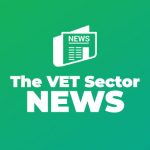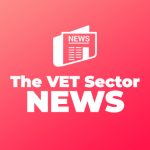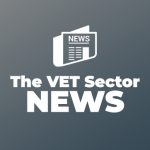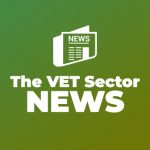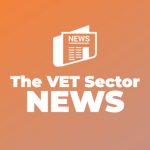In this newsletter, we are selecting this email that we received from one of our subscribers genuinely questioning the current regulatory environment on the Registered Training Organisations:
Thank you for your ongoing support of the VET Sector and in particular your reporting on the actions of ASQA. I have worked in the VET industry for 33 years in a variety of roles including NSW VETAB auditor and owner of two RTOs. I can attest to the declining quality in the auditing of RTOs and the educative nature of the auditing process. In times past you could at least speak to an auditor and received meaningful information not just the clause quoted from the Standards. I have recently been assisting an RTO with scope additions and have found the regulator to be inflexible, uncooperative and far too keen to wield its big stick over small RTOs. In particular:
- An extension of two working days was denied meaning we could not submit all the evidence requested on time and hence deemed non-compliant on resubmission. We had had many staff off with illness at the time including flu and those remaining were under the pump to complete the evidence on time.
- We requested to remove a qualification as we had no enrolled students. ASQA still required full sets of assessment tools for this qualification even though we would never use them as we would be removing the qualification. We were deemed non-compliant as a result.
- TAS and assessment tools submitted months earlier by another RTO had been passed by an ASQA auditor at the time but rejected in this audit by our auditor. No consistency.
As a result the full scope was suspended and the Board chose to close the RTO as the cost of compliance was too high. All training staff were retrenched and this was an RTO that four months earlier had been given a 7 year re-registration.
ASQA needs to be reviewed in its practice of granting up to 7 years registration for an RTO on renewal only to suspend their registration months later when the apply for an addition to scope. All RTOs upon reregistration should have to supply a suite of assessment tools.
THE VET industry also needs to challenge the addition of the unit TAEASS502 to the Certificate IV in Training and Assessment. The addition of this unit has forced many good industry assessors to leave training as assessment at Diploma level is time consuming and difficult. The design and development of assessment tools is a completely different skills set from training and assessing. Having this unit will not make for a better assessor. Mentoring and ongoing professional development will gain higher skilled trainers and assessors.
The names and details have been removed to protect the confidentiality of the person/s involved.
Do you have views or thoughts about something?
Why not write to us and discuss how we all as VET stakeholders can voice our opinions and views and help to create a better vocational education and training system?


